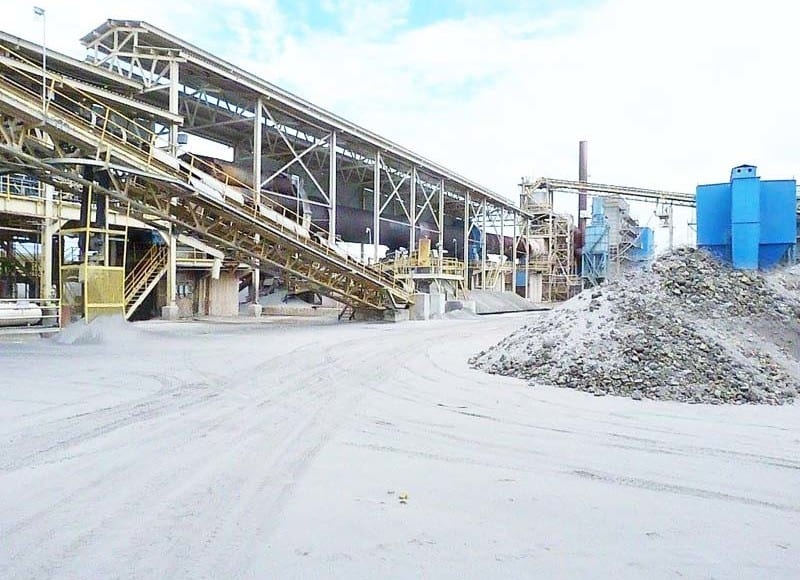Bauxite company Bosai Minerals Group (Guyana) Inc. has indicated that the quantity of natural gas that would be available when oil production begins in 2020 is inadequate to power a smelter.
The South American nation’s Natural Resources Minister, Raphael Trotman says the company has rejected proposals for the establishment of a natural gas powered smelter since the projected daily 50 million cubic feet available would not be adequate.
Mr. Trotman was at the time engaging media operatives on Guyana’s available options, using the available associated gas discovered along with the crude reserves in the ExxonMobil petroleum concessions in the Stabroek Block – some 120 miles offshore Guyana’s coastline.
The Minister on Monday met with members of the media at his party’s Georgetown Headquarters and related that the Ministry has explored the feasibility of utilizing the natural gas, when brought onshore, in the bauxite industry but was told the gas was woefully inadequate in its available amounts.
“I met with Bosai at the end of the year about a smelter for bauxite, they say the amount is too small for a smelter….they need about half a billion cubic feet per day for a smelter…we’re only getting 50 million.”
At the time, Mr. Trotman was being pressed by media operatives on developments in the embryonic oil and gas sector.
He explained that much consideration was given to the direction the country would be taking as it relates to natural gas, given that the quantity to be recovered and made available is also inadequate for exportation.
The Minister lamented, “It’s not enough to export and earn from; so a quantity which is about 50 million cubic feet per day is available to us…to get into the gas business, you need trillions of cubic feet per day…like Trinidad (& Tobago) has.”
It was explained that the 50 million cubic feet being referred to, is the excess available after natural gas is reinjected into the basin to aid in the extraction of the crude.
Initially, the Guyana Government’s principal partner in its oil and gas activities, ExxonMobil, suggested the elimination of the excess during production.
“There’s some excess, we’ve been told, so Exxon(Mobil) applied first, they offered to flare the gas…burn it off,” and cited as example the operations in neighbouring Trinidad and Tobago where excess natural gas is burned and released into the atmosphere.
According to Trotman, “…sometimes when you fly into Trinidad you see flames, and you say what’s that?’…it’s really the rigs burning the gas off because they want to get out the oil, not the gas. We said no because we’re going green, we’re not flaring anything in Guyana.”
Mr. Trotman reminded that the Guyana Government is gravitating to the option of bringing the gas onshore, possibly involving the laying of a pipeline, as well as the establishment of a natural gas power generation plant for the purpose of generating cheaper electricity for domestic and commercial purposes, an idea which has been touted by several Ministers including Minister of Public Infrastructure, David Patterson and Minister of State, Joseph Harmon.
The Natural Resources Minister said that Minister Patterson has indicated his readiness for such a move.
Mr. Trotman disclosed to media operatives, “Minister Patterson says we can actually generate for a period of time while we transition to hydro…we can generate 200 megawatts of power.”
The Minister pointed out that at present” “GPL (the Guyana Power and Light Inc.) is generating 160 megawatts….200 megawatts would take care of all of our power needs until we get to hydro…do we say no? It is coming free; we’re just going to have to pay for the pipeline.”
While Government has in the past floated the idea of utilizing the natural gas for the development of an industrial park, given GPL’s projected increase in demand for electricity, a 200 megawatt natural gas plant would be insufficient for the current and projected consumers on the grid, in addition to an industrial park.
The company last week announced that it is expecting to add another 2000 new customers to the grid in 2018 alone.
Minister Trotman floated the possibility of cooking gas production using natural gas saying, “we could provide every household, certainly along the coast to start with, with free cooking gas or at a price so cheap you don’t have to go with your cylinders any longer.”



